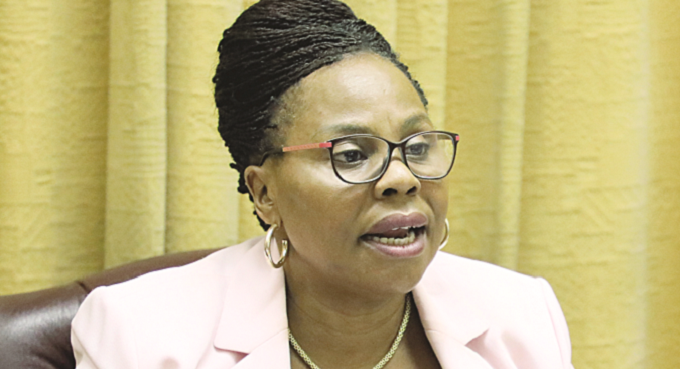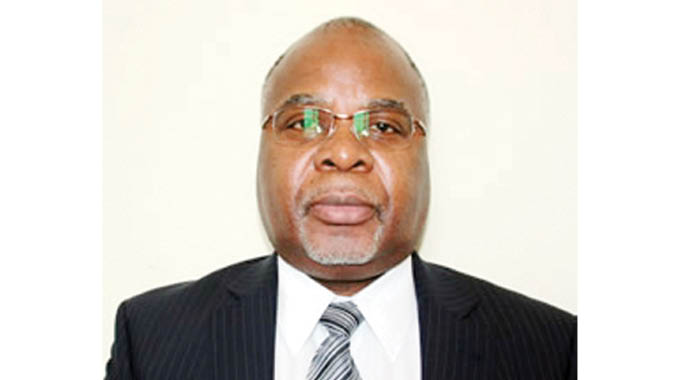Potraz wants more data service market players

Harare Bureau
THE Postal and Telecommunications Regulatory Authority of Zimbabwe (Potraz), seeks to increase competition in the data service market in an effort to make data and internet services accessible and affordable to every Zimbabwean.
This comes as the country is moving towards a digitally enabled economy, which has been accelerated by the Covid-19-induced lockdowns.
Information and Communication Technology (ICT) is also seen as an enabler for economic growth in particular the fourth industrial revolution.
Speaking at a recently held Fourth Industrial Revolution (4IR) seminar hosted by Global Renaissance Investments (GRI), Potraz director general, Dr Gift Machengete, said measures such as allocation of additional 3G infrastructure, development of the National Broadband Plan (currently being circulated to stakeholders) and infrastructure sharing initiatives all meant to ensure affordability of data services for every Zimbabwean.
Dr Machengete was represented by Potraz director economic, tariffs and competition Mrs Hilda Mutseyekwa.
“We will continue to monitor data tariffs. We are also working on increasing competition in the data market and, so far, we are in the process of migrating to the converged licensing framework where we expect to increase the number of players in the data market especially the retail end.
“We believe this will have a positive impact and ensure affordability of data service. This 2021 we are looking at more ways of reducing data costs,” he said.
According to an Internet Accessibility Index 2021, which covers 169 countries, Denmark is the most connected country in the world followed by Liechtenstein, United States of America, Hong Kong, Sweden, United Kingdom and Australia in that order.
The rankings are calculated on among other factors — percentage of population with broadband and mobile internet access, download and upload speed, price and relative affordability of domestic broadband packages, cost of 1GB of mobile data as well as geographic coverage and availability of free WiFi hotspots per capita of web pages available in the first language of each country.
The report also shows countries such as Burundi, Equatorial Guinea, Mali, Mauritania, Niger and Zimbabwe have some of the most expensive internet services in the world.
Dr Machengete said Potraz’s aim was to keep the cost of data as low and affordable while ensuring sustainability of the sector. He added the outbreak of Covid-19 showed the importance of data services and without it millions would be cut off.
Affordable data enables businesses and individuals to also conduct e-commerce without incurring too much expenses that are in some cases transferred to final consumers of the service or product.










Comments